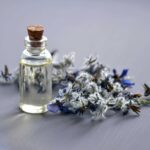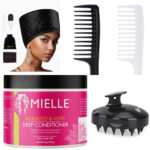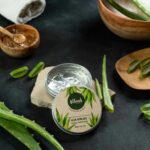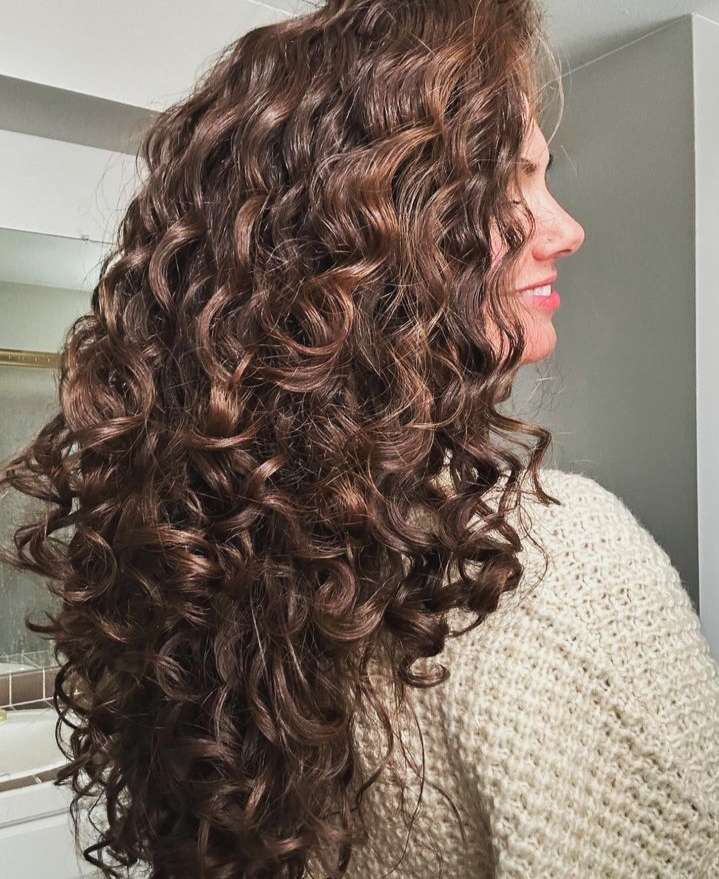Type 4 hair, just like every other hair type needs hair oils for various reasons including hair growth. Our curls have different characteristics from other hair types which require us to need oils more. These characteristics are our tighter curls, a tendency to dry out, and the fact that our hair is very prone to breakage!
Hair oils help to fight dryness by sealing in moisture, preventing the hair from becoming brittle, and reducing the risk of breakage. In addition, some hair oils contain nutrients and vitamins which stimulate the follicles and promote healthy hair growth.
Oils can be used in different ways. Either as a pre-poo (pre-shampoo) treatment, leave-in conditioner, slip for scalp massages, hot oil treatment, and as a styling aid. While all these are the benefits that oils have to offer to the people of the type 4 hair community, hair oils can be distinguished into different forms being;
- Carrier oils and essential oils
- Heavy oils and lightweight oils
In my previous article, I talked about the difference between carrier oils and essential oils. For today, I will be talking about 10 lightweight hair oils and their benefits to natural hair.
What are lightweight oils?
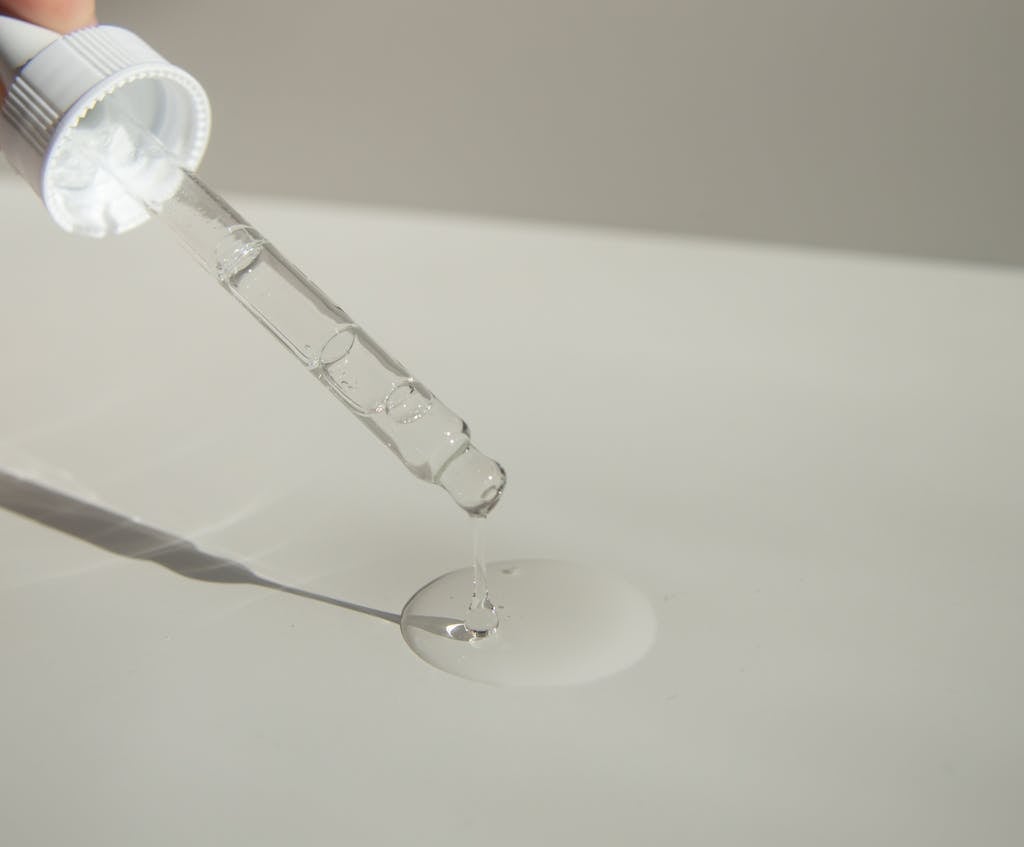
Lightweight oils are types of oils that have low viscosity. This implies that they flow smoothly and easily. They are specially formulated to provide nourishment to the hair and hydrate it without weighing the hair down. They also have fine textures and are easily absorbed into the hair strands.
Why should you use lightweight oils?
Incorporating the use of lightweight oils into a hair care routine can be of several great benefits.
Firstly, lightweight oils provide nutrition and moisture to the hair strands without weighing them down, making them suitable for all hair types.
Lightweight oils help to nourish, smoothen and hydrate the hair strands while adding shine to the hair and improving manageability. They can also be used as heat protectants, thus creating a barrier between the strands and the styling tools.
Why not heavy oils?
Though the choice of whether to use lightweight oils or heavy oils depends on the individual, there are certain advantages to using lightweight oils and not heavy oils.
Heavy oils can weigh down the hair and make it appear greasy, while lightweight oils provide nourishment without causing buildup. Heavy oils may also sit on the surface of the hair and require more effort to distribute evenly, while lightweight oils are absorbed into the strands much easier and faster.
Now that you know all this, let’s get into the main point of the article!!
Ten best lightweight oils and their benefits for your hair
1. Argan oil
Argan oil is a versatile oil obtained from the kernels of an argan tree. It is well known for its nourishing properties for both hair and skin. It is rich in vitamins, fatty acids, and antioxidants. For hair care, argan oil is used to moisturize the strands, as it improves elasticity of the hair and reduces breakage. The application of this oil can help to combat dryness, frizziness, and brittleness of the hair.
Argan oil can also be used as a heat protectant as it acts as a barrier between the hair strands and the direct heat from styling tools. And lastly, argan oil soothes scalp irritations and nourishes our strands, thereby promoting scalp health and healthy hair growth.
2. Almond oil
Almond oil is obtained from the seeds of an almond tree. It is quite a versatile oil as it can be used for various purposes like skincare, hair care, nail care, and cooking, as it is rich in nutrients like vitamin E, antioxidants, and fatty acids.
For hair care, almond oil can be used in several ways and it provides several benefits. Almond oil provides a great deal of moisture to the hair strands which helps to fight dryness and prevent breakage. Almond oil is also able to penetrate the hair shaft making it perfect for hydrating and softening the strands. It helps to reduce frizz, reduce tangles, knots, and split ends, and makes detangling an easier job. Almond oil also nourishes and hydrates the scalp making it less susceptible to damage and thereby increasing the overall health of the hair.
3. Jojoba oil
Jojoba oil might be considered the best oil for hair care. This is because it is very identical to the natural sebum produced by the scalp, making it an excellent hair and scalp moisturizer. Jojoba oil is rich in vitamins and minerals that nourish the hair. Minerals such as copper, zinc and vitamins B, C and E.
Jojoba oil stimulates blood circulation to the scalp which in turn promotes growth of long, healthy and thick hair.
4. Avocado oil
Avocado oil is obtained from the fruit of the avocado tree. It is a lightweight oil that can be used for many functions including skincare, cooking and hair care.
Avocado oil is excellent for hair care because it stimulates blood flow to the scalp and helps to unclog blood follicles which promotes a healthy scalp environment.
Avocado oil is rich in b vitamins, vitamin E, and biotin which helps to improve keratin structures, repair damaged hair, and reduce dryness. This leads to the growth of thicker and healthier hair overtime.
5. Olive oil
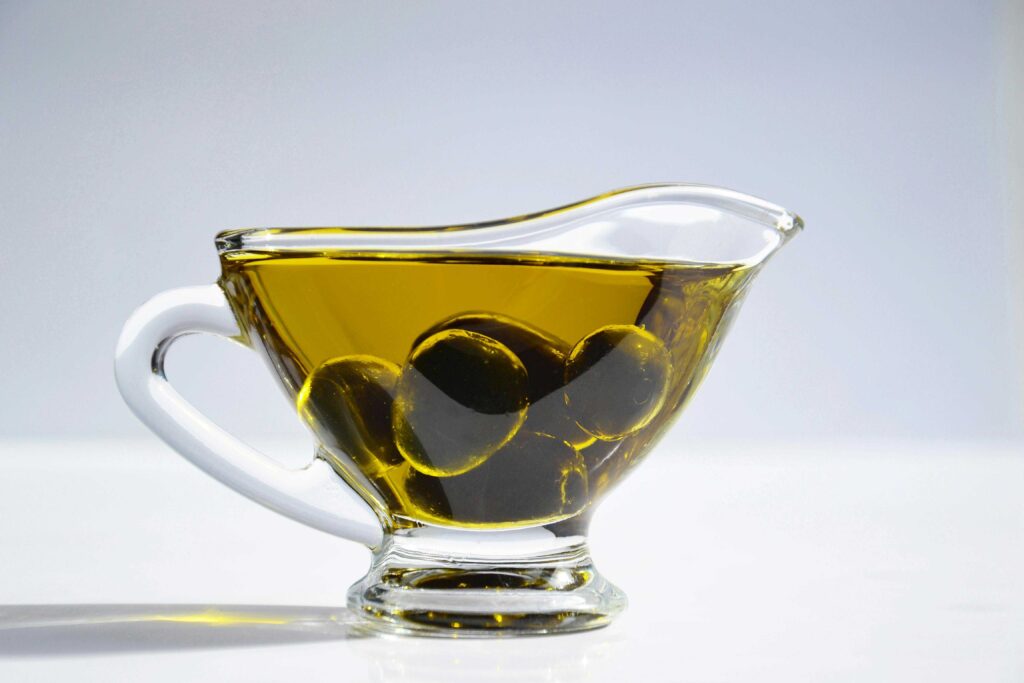
A perfect extra virgin olive oil is extracted from perfectly ripened olives. Olive oil can be used to nourish and condition dry hair, as it helps to strengthen hair follicles, reduce hair loss and repair damaged strands. Olive oil has antibacterial and antifungal properties which helps to control and prevent dandruff and other scalp issues, making it a perfect addition to your hair care routine.
6. Grapeseed oil
Grapeseed oil is obtained from the seed of grapes. Not just any grapes; specifically those used in the wine making process. The oil can be used in cooking, skincare, haircare and the making of cosmetic products. But in this article, we’re going to discuss its benefits to hair care.
Grapeseed oil is lightweight and thus, easily absorbed by the hair shaft. This makes it a good moisturizer for dry hair. The oil is rich in fatty acids like omega-6 and linoleic acid which nourishes the hair follicles and promotes hair growth. Grapeseed oil also has antioxidant properties which helps to protect the hair from damage caused by free radicals. This can help prevent hair loss, premature graying and overall hair damage.
In addition to these, grapeseed oil can also be used as a heat protectant, treatment for dryness and dandruff, and as a hair moisturizer.
7. Tea tree oil
Tea tree oil is obtained from the leaves of the tea tree plant, scientifically known as Melaleuca alternifolia.
The oil contains antifungal, antibacterial and anti inflammatory properties. These properties help to maintain a healthy scalp, combat dryness, itchiness or irritation caused by fungal infections. Tea tree oil also helps to promote hair growth, control head lice and get rid of dandruff.
8. Sunflower oil
Sunflower oil is obtained from the seeds of the sunflower plant scientifically known as Helianthus annuus. This oil is mainly used in cooking of foods and in commercial products such as snacks, cosmetics and skincare products.
Sunflower oil provides a lot of benefits for hair care. Firstly, it has great moisturizing properties which makes it excellent for brittle hair. It is also rich in fatty acids which helps it penetrate the hair shaft. This results in softer and better hydrated hair.
In addition to its moisturizing effects, sunflower oil provides protection and enhancement for the hair. The natural antioxidants present in sunflower oil, particularly vitamin E, act as a shield against UV radiation from the sun, protecting the hair from damage such as dryness, color fading, and weakening that is usually caused by prolonged sun exposure.
The oil also aids in taming frizz, and adds a natural shine to the hair. By forming a protective coating on the hair strands, it seals in moisture, smoothes the cuticles, and reduces frizz, resulting in smoother and more lustrous hair. Furthermore, sunflower oil can serve as a heat protectant when applied prior to heat styling, acting as a barrier between the hair and high temperatures, thus minimizing damage and maintaining hair health during styling processes.
9. Rosehip seed oil
Rosehip seed oil is obtained from the seeds of the wild rose plant or the species Rosa canina or the Rosa rubiginosa. There are a lot of benefits one could get from Incorporating this oil into their hair care routine and they will be discussed below.
Rosehip seed oil is rich in essential fatty acids such as the omega-3 and omega-6 fatty acids. This helps to strengthen the hair strands, reduce breakage and split ends, nourish, moisturize and soften the hair. The oil contains vitamins E, C, and A, which are famous antioxidants. They help to stimulate follicles and promote hair growth. It also has anti-inflammatory properties which can help soothe an itchy or irritated scalp. This can also provide relief from dandruff and other scalp conditions.
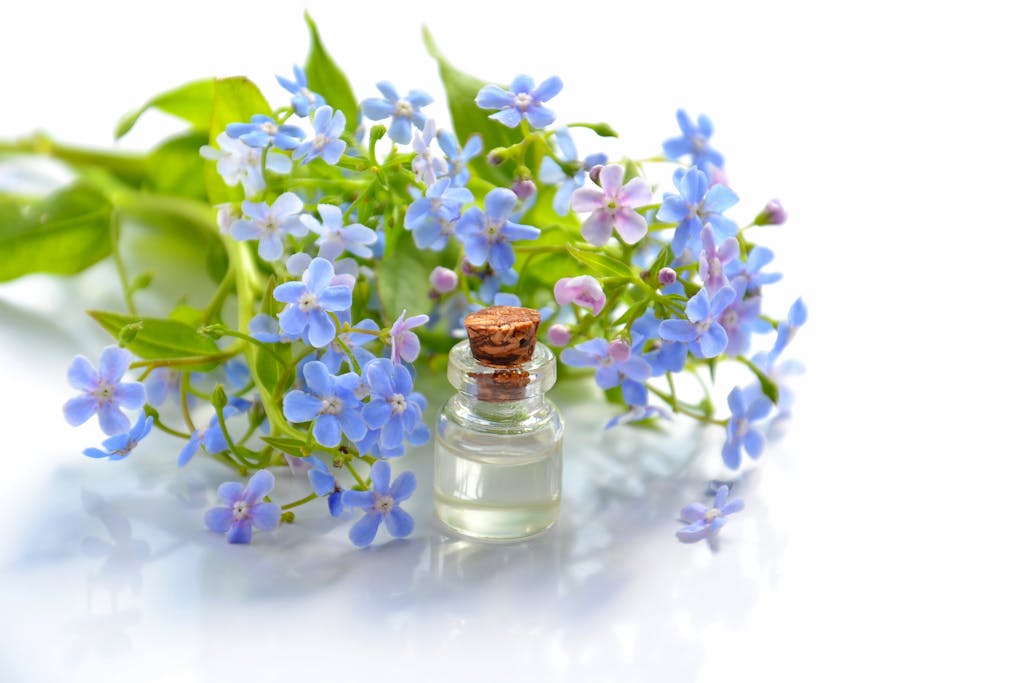
10. Camellia seed oil
Camellia seed oil is obtained from the seeds of the Camellia oleifera or Camellia sinensis plant. Both plants belong to the camellia family. Camellia seed oil offers a lot of benefits when used in hair care. The oil is rich in fatty acids like oleic acid and linoleic acid which nourishes the hair follicles and strengthens the strands, thereby reducing breakage and split ends. It provides deep hydration and moisturization of the hair strands without leaving a greasy residue. This is due to its lightweight nature.
Camellia oil adds shine to the hair and can also be used as a heat protectant as it provides a protective barrier between the hair and external heat sources. The oil also has antiinflammatory properties that can help prevent Dryness, itching and irritation
In conclusion, the main difference between lightweight oils and heavy oils lies in the oil viscosity. Lightweight oils have a lighter texture and are easily absorbed by the hair, while heavy oils have a thicker consistency and tend to sit on the strands without penetrating.
When you incorporate lightweight oils into your hair care routine, you could expect your hair to be shinier, more moisturized, less frizzy, and more manageable. You can also expect less buildup than what you were getting before. Just don’t get carried away and use too much.
Thank you for reading till the end. I hope you got value from this. Please Share with friends and family who will find it useful and be sure to come back every week for new information.
Happy hair care, and see you in the next article!!
